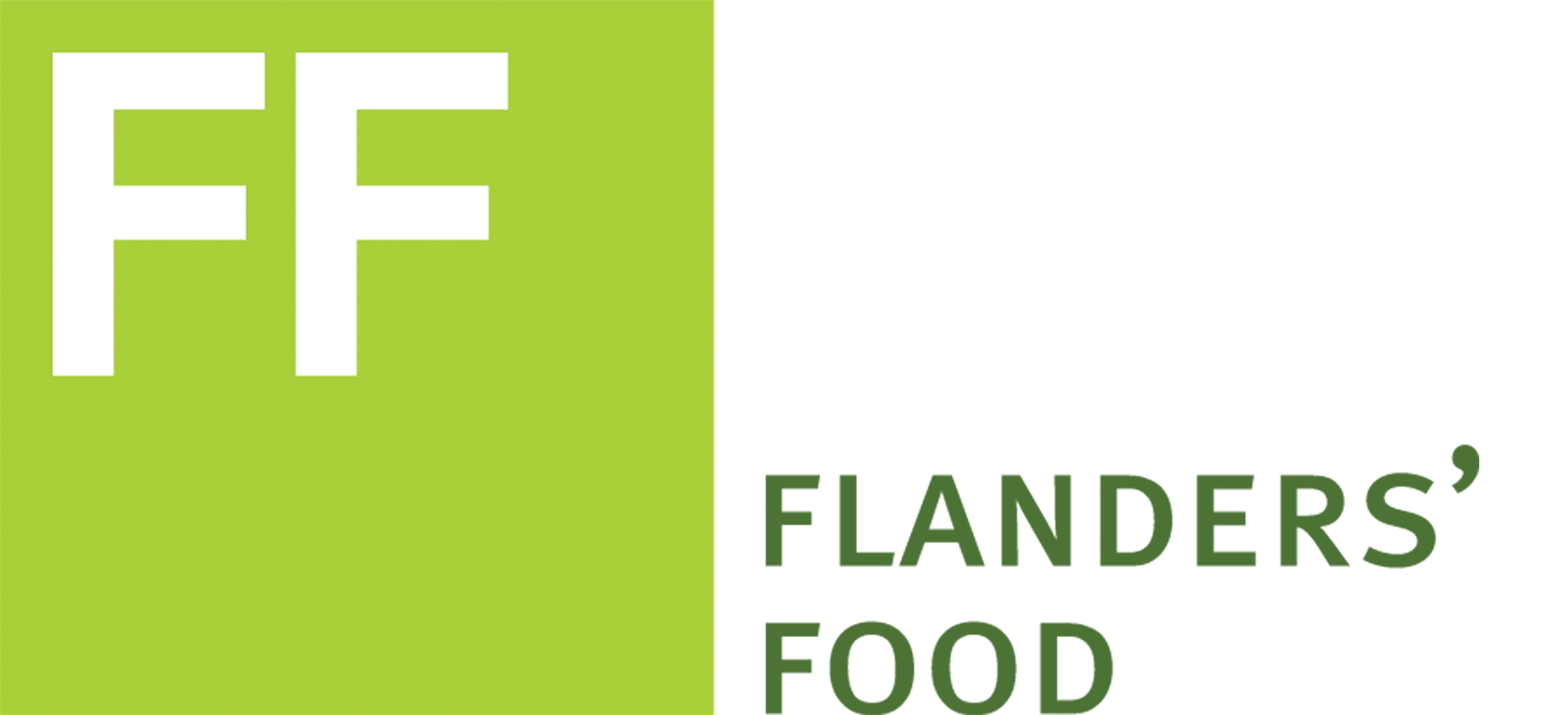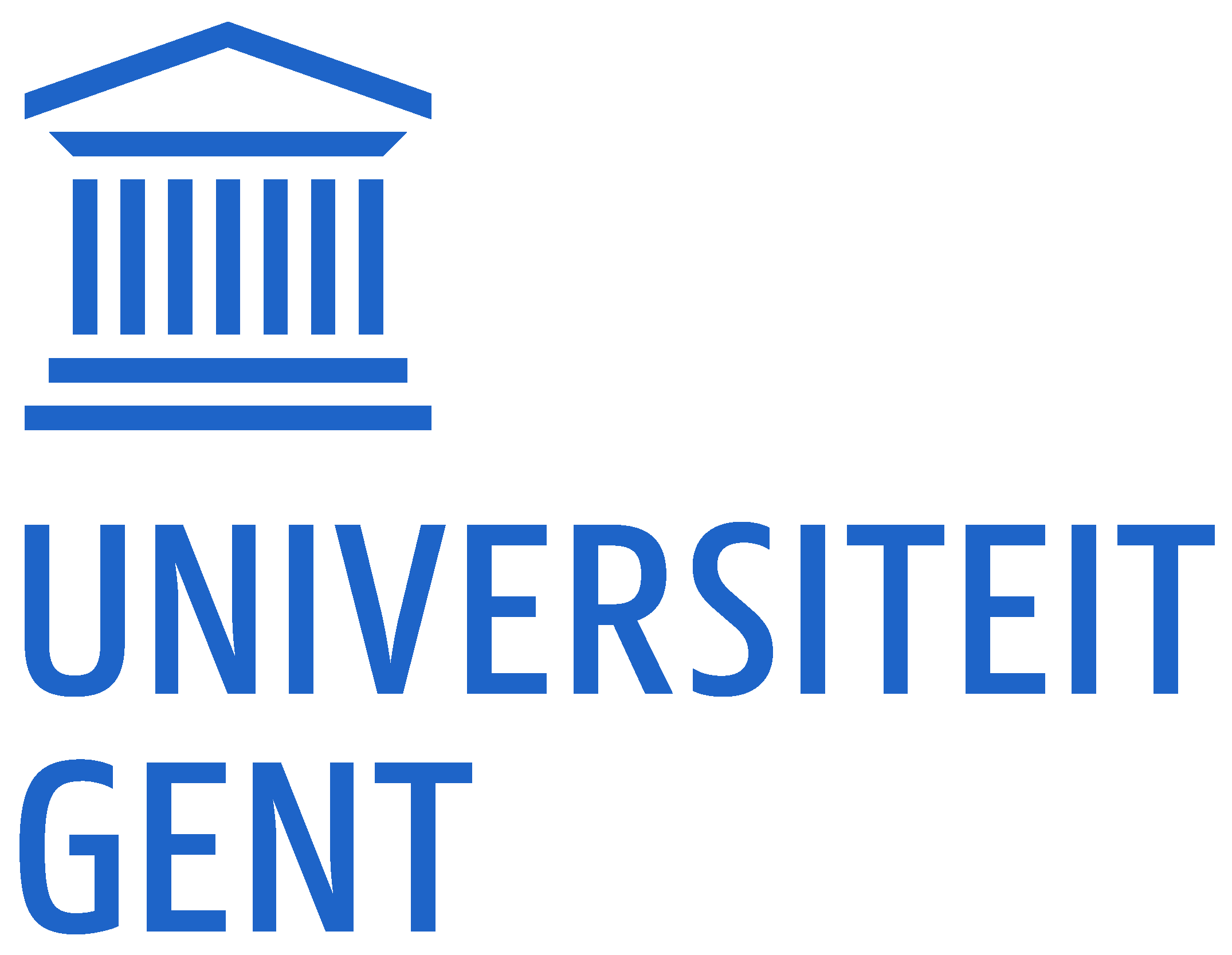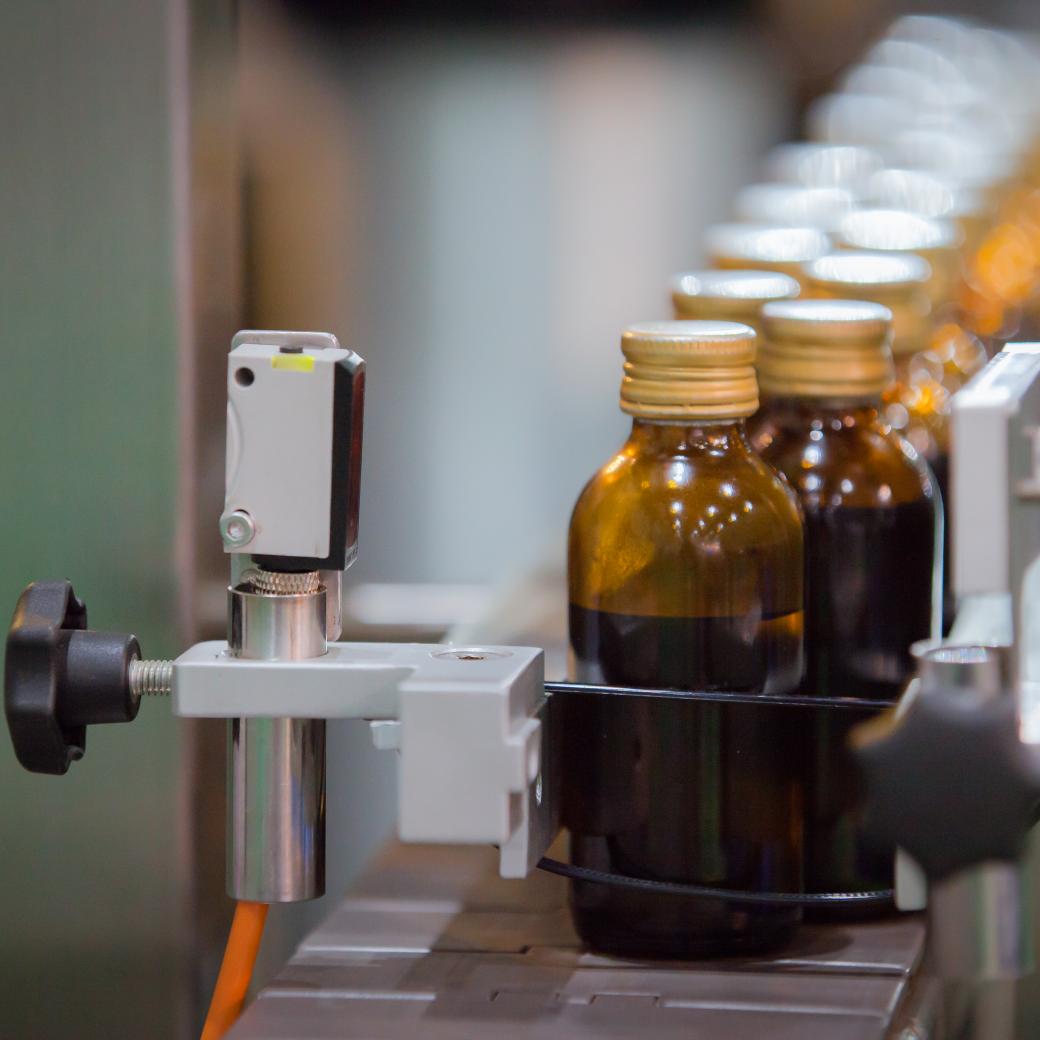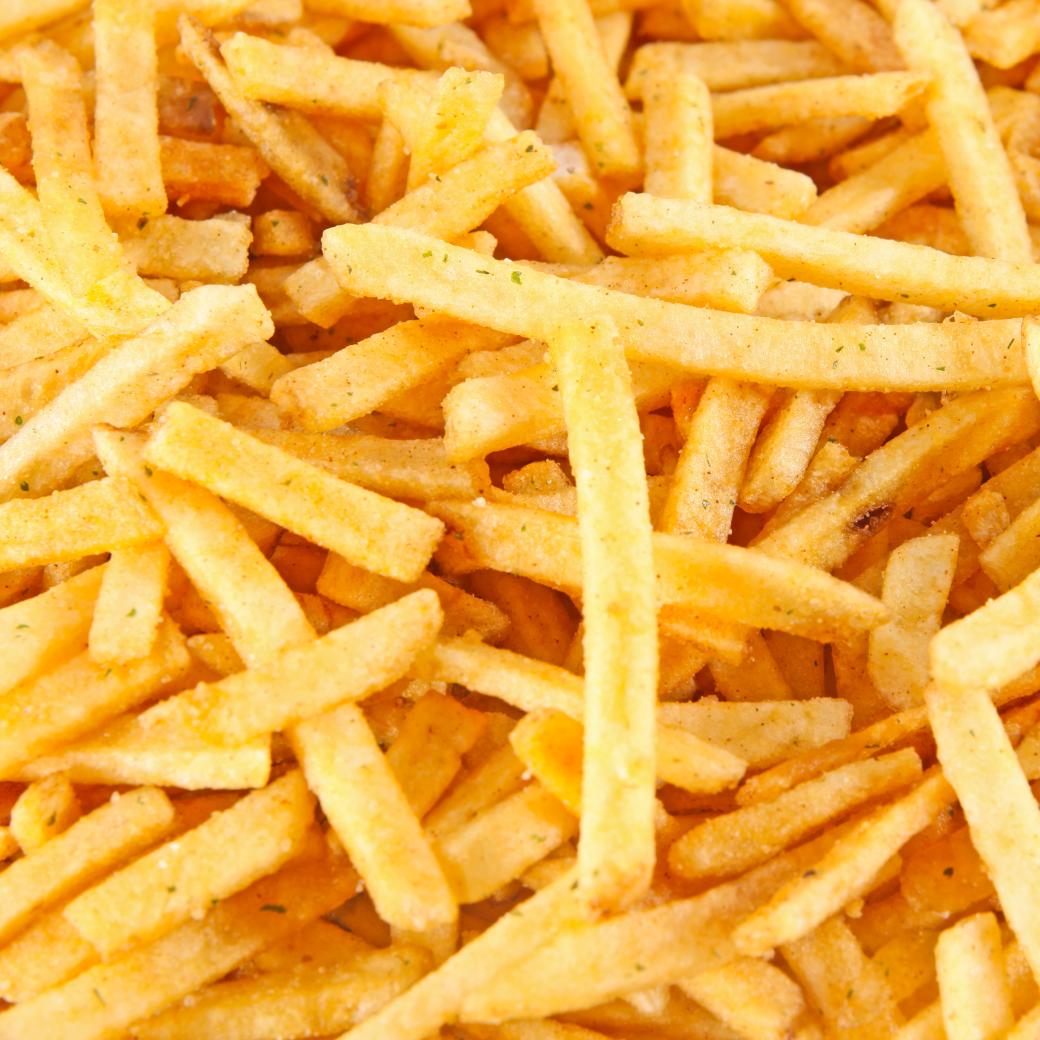CIRCOPACK
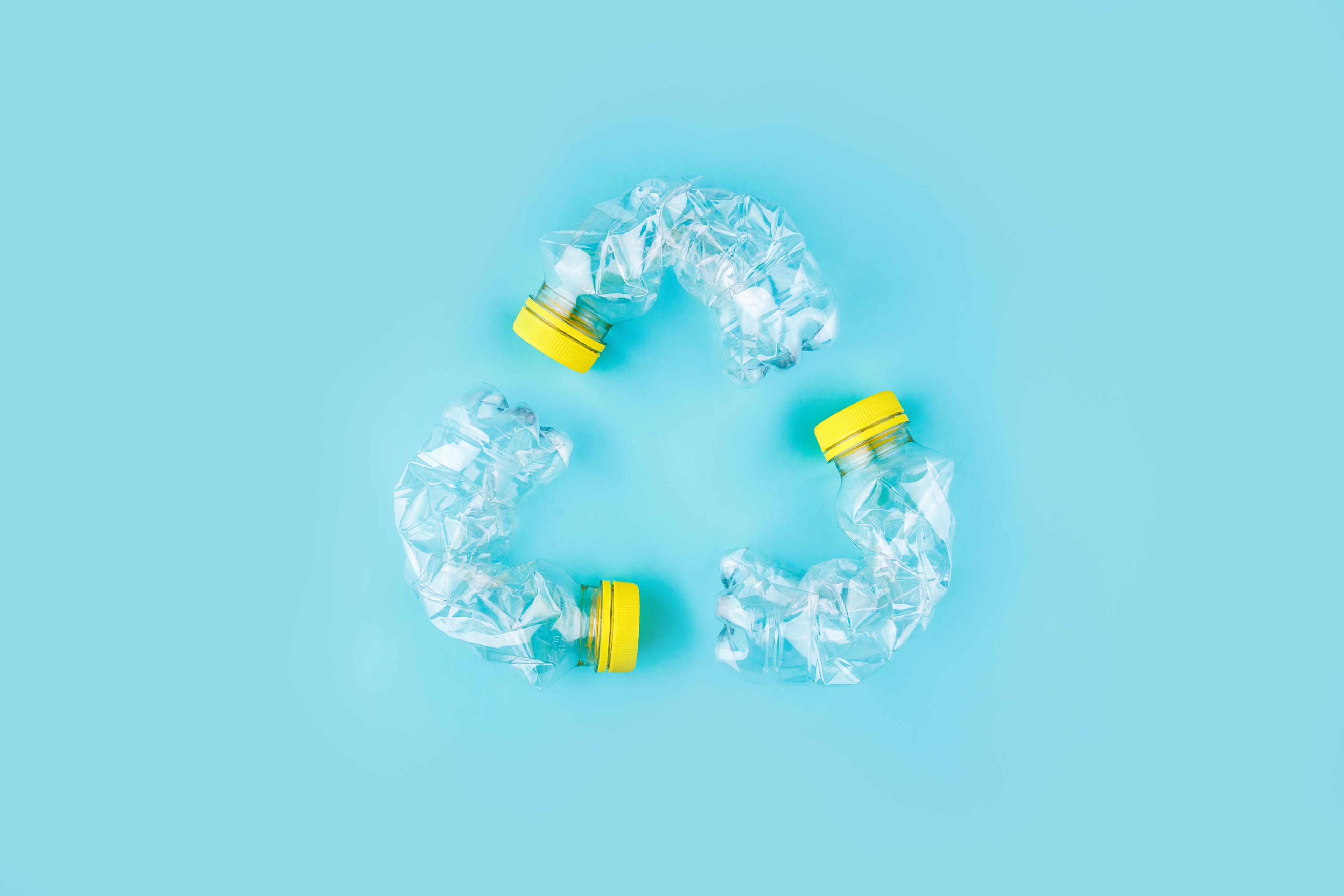
Safe and efficient food packaging within a circular economy
Why this project?
Efficient and sustainable food packaging is a major challenge for the food industry. On the one hand, food packaging is crucial for maintaining the quality of packaged food products (to reduce food losses), on the other hand, food packaging must meet more and more requirements (functional, sustainable, safe, user-friendly, etc.). Moreover, the European Commission's Green Deal reflects very ambitious objectives within Europe in terms of circular economy that will have a major impact on the food packaging of the future.
As a result, companies are regularly confronted with the selection of the most optimal solution to pack a specific food product, taking into account both quality and sustainability. A so-called LCA (Life Cycle Analysis or Assessment) is necessary in order to compare different packaging materials in a scientific way. Therefor, the entire chain (raw materials, production, transportation, use by the consumer , end-of-life) of the combination "food product-packaging material" is taken into account. The decision-making process must tackle the required functionality of the packaging to optimally preserve the food product, the possible sorting and recycling techniques (end-of-life) and how all this will ultimately affect the sustainability of the packaged product.
Research approach & results
With the support of VLAIO, the CIRCOPACK COOCK project enabled food companies to make a science-based decision on the type of packaging material that is best suited for the packaging of their products, taking into account sustainability and shelf life of the food. Packaging manufacturers were also able to test various packaging applications in terms of functionality and sustainability. The interaction between packaging producers, food companies and knowledge partners provided companies with useful information about the performance of sorting and recycling techniques (mechanical and chemical recycling, including de-inking) and the suitability of recycled or biobased materials for packaging of specific food products.
The functionality of different packaging materials was included in the project: mechanical properties, barrier properties, sealing properties, odour properties, migration, .... Various 'food product-packaging' combinations were compared during (sensory) shelf-life experiments in order to optimally preserve (sensory) quality and minimize food losses.
LCA (Life Cycle Analyses) were conducted for a number of selected food groups so that different packaging concepts could be compared in use studies. In this way, current conventional packaging materials could be tested against alternative recycled or biobased materials. The results obtained were certainly not always predictable and some findings did not correspond to the common perception of consumers.
Interested in the project results?
The CIRCOPACK project has ended since mid-2022. The project results can be ordered. The price depends on the project participation fee, the age of the results and the size (number of employees) of the company. For more information and/or an order of the project results, please contact the project manager. The results of the case studies were implemented in the CIRCOPACK tool. Learn more about the CIRCOPACK tool at https://www.circopack.eu/ .
Project partners
The project was managed by Flanders' FOOD and coordinated by Pack4Food. Several research groups and partners were involved in the project:
- Research group Sustainable Systems Engineering (STEN), UGent
- Research group Center For Polymer & Material Technologies (CPMT), UGent
- Research group Industriële Biologische Wetenschappen (IBW), UGent
- Research group Food Chemistry and Human Nutrition (nutriFOODchem), UGent
- Research group voor Levensmiddelenmicrobiologie en -Conservering (LFMFP), UGent
- Research group Materials and Packaging Research & Services (MPR&S), UHasselt
- SENSTECH-SENSNET vzw, Flemish Advise Centre for Sensory Quality of Food Products and Food Contact Materials
Follow-up actions
Since consumer perception of sustainable food packaging does not always match the actual sustainability of a food packaging, as calculated in LCA studies, the TACTIC project was initiated. This project will focus on the development of communication strategies to inform consumers about the sustainability of food packaging.
The results of the CIRCOPACK project were brought together in an interesting tool, the CIRCOPACK tool, which enables companies to make informed decisions about the sustainability of a new alternative packaging concept. Users of the CIRCOPACK tool can simulate the environmental impact of a particular primary packaging and/or simulate the ecological footprint of a combination 'food product-packaging material'. For the ecological footprint (EV), both 'resource footprint', 'global warming potential' (GWP) and a 'total impact score' are displayed when using the tool.
Learn more about the CIRCOPACK tool at https://www.circopack.eu/.
Contact

From apple tree to innovation: meet B3ET

Sustainable animal feed from sweetcorn cobs: meet Trotec

